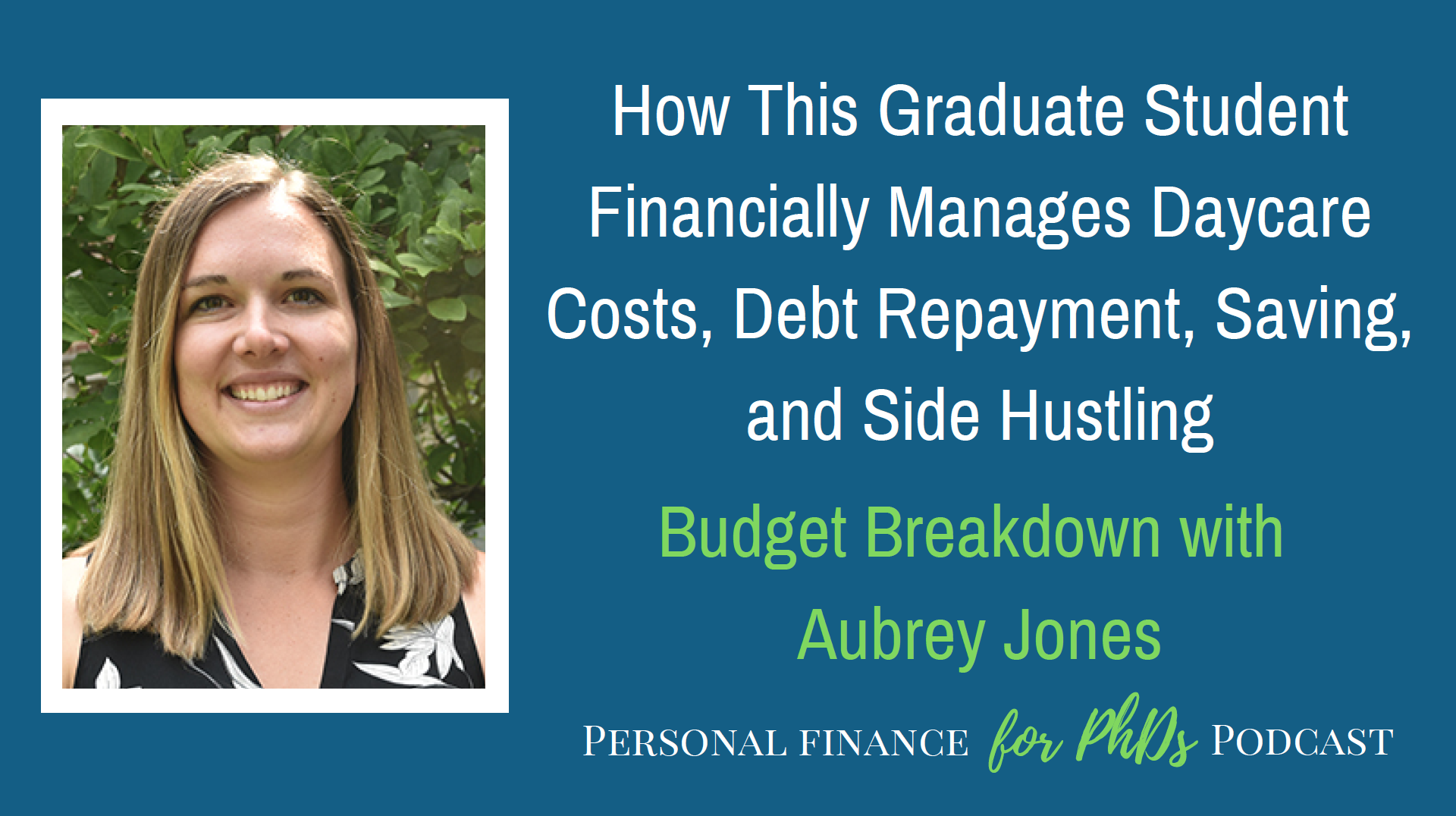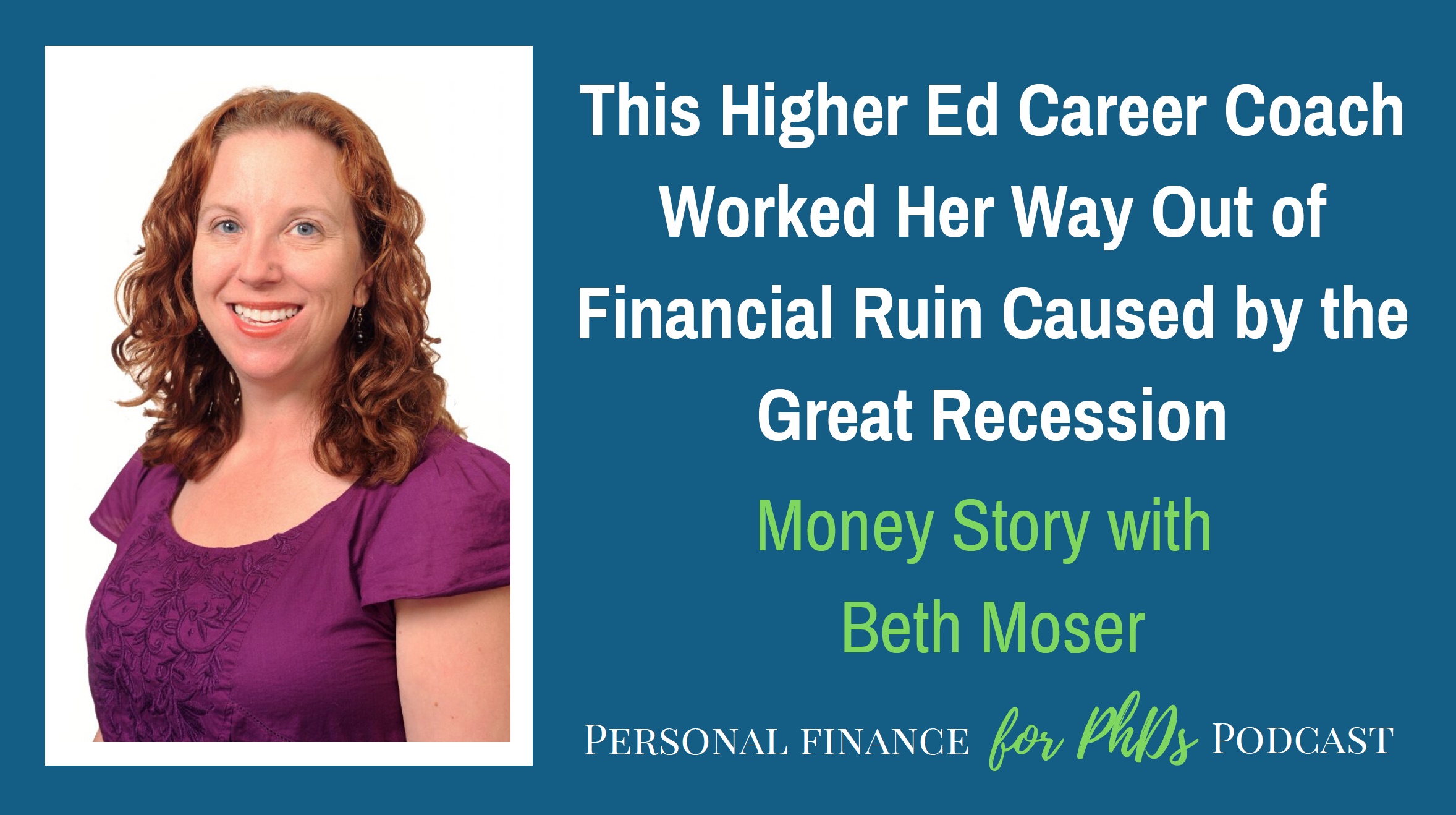In this episode, Emily and Lourdes discuss their lives and finances during the coronavirus pandemic. Emily is balancing running her business with caring for her two small children (while her husband also works full-time), and Lourdes is adjusting to working on her PhD remotely and virtually never interacting with other people face-to-face.
If you would like to work (remotely!) with Emily in any of the following ways, please email her:
- Webinars
- Coaching
- Annual Tax Workshop
- Quarterly Estimated Tax Workshop
- The Wealthy PhD (Community)
Lourdes’s previous budget breakdown podcast episode: This NDSEG Fellow Prioritizes Housing and Saving for Mid- and Long-Term Goals





